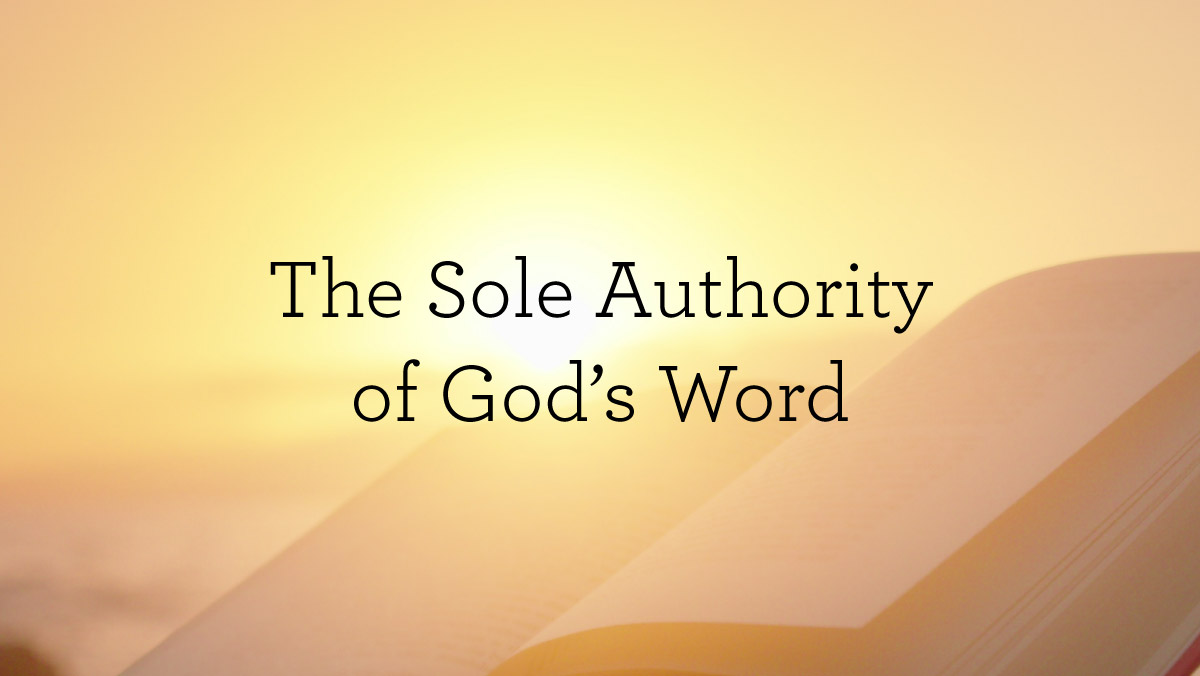“Strangely Dim” and “Sweeter Green”
In what may be some of his last recorded words, the apostle Paul wrote to his protégé in the ministry, Timothy, “Do your best to come to me soon” (2 Tim. 4:9). It must have been a lonely life in the Roman prison from which he wrote, but his tie of love for Timothy was strong. He had a vivid memory of Timothy’s tears at their last departure, and he longed for the joy of being together with him again (2 Tim. 1:4). Yet one verse earlier, in 4:8, Paul could confess a love and longing for the “appearing” of Jesus—which, he had said earlier in the letter, “abolished death and brought life and immortality to light through the gospel” (2 Tim. 1:10).
Continue reading …Topics: Articles
Living for Eternity: The Last Days and the Coming Kingdom
How should we understand biblical prophecy? Few questions have garnered more debate within Christian circles than the meaning of the last days. Prophecy looks forward, often containing layers of immediate, interim, and ultimate fulfillments. Reading this genre is a lot like hiking in the mountains: as soon as we think we’ve reached the summit, our new vantage point reveals that there are more summits ahead.
Continue reading …Topics: Articles
Grace for Strugglers, Drifters, and Everyone in Between
Christian life hinges on grace. Grace provides the impetus for Christian beginnings, the prospect of Christian conclusions, and the energy for Christian living between these two points. Those who find themselves lacking impetus, prospect, or energy often fall into one of two categories.
Continue reading …Topics: Articles
Abraham’s Failure and the Peril of Inconsistency
The late professional golfer Tommy Armour observed, “It is not solely the capacity to make great shots that make champions, but the essential quality of making very few bad shots.”1 In other words, good golfers make consistent shots. What is true in the sport is true for all of life: consistency is the key to doing anything well, while inconsistency brings with it great peril.
Continue reading …Topics: Articles
There Is No Power in Prayer Itself
As Jesus prayed in the garden of Gethsemane on the night before His crucifixion, He was distressed about His coming task. Luke tells us that He prayed, “Father, if you are willing, remove this cup from me.” When He had prayed this, “there appeared to him an angel from heaven, strengthening him.” Yet Luke immediately goes on to say that “being in agony he prayed more earnestly; and his sweat became like great drops of blood falling down to the ground” (Luke 22:42–44). And ultimately, of course, Jesus did drink the cup of God’s wrath on the cross.
Continue reading …Topics: Articles
Four Ways God Shows Us His Goodness
God’s goodness is an immense subject. Stephen Charnock, a seventeenth-century English Puritan, wrote extensively on the subject. In his two-volume work on the existence and attributes of God, he devoted 145 pages to God’s goodness alone! Many of us would be hard-pressed to fill one page, but not Charnock. All of God’s acts, he says, are the outpourings of divine goodness. Charnock lists some examples:
Continue reading …Topics: Articles
The Sole Authority of God’s Word
In part one of this series, we examined the biblical pattern of reminder, and especially Peter’s effort to remind his readers of the basic truths of the Gospel, which he declares in 2 Peter 1:12–15 . By repeatedly coming back to the essentials, Peter sought to prevent his readers from being led astray by false teachers who denied Christ and the Gospel.
Continue reading …Topics: Articles
Christians Are Saved by Grace. But Then What?
In part one of this series, we examined the biblical pattern of reminder, and especially Peter’s effort to remind his readers of the basic truths of the Gospel, which he declares in 2 Peter 1:12–15. By repeatedly coming back to the essentials, Peter sought to prevent his readers from being led astray by false teachers who denied Christ and the Gospel. Pastors today should take a lesson from Peter and be deliberate in urging the essentials of the Gospel on their own congregations.
Continue reading …Topics: Articles
“The Old, Old Story” That Never Gets Old
For those in vocational ministry, there can be something unappealing about the basics. After all, many of us are educated, well-read, and (if only on our best days) reasonably thoughtful. We want to be able to demonstrate an advanced understanding of the material we’re preaching and teaching. People may begin to wonder why we are in the pulpit if we don’t offer some unique insight, some intriguing idea. Why should we need to tell them again and again what the text plainly says?
Continue reading …Topics: Articles
The Strength of Weakness and the Weakness of Strength
One the great tyrannies of our age is the lie that we will be most useful when we are as strong as we can be. We tell ourselves that God wants us to conquer all our challenges, to overcome the Evil One in frontal assault, to have our family and church and neighbors look to us and say, “Now there’s a strong servant of the Lord!”
Continue reading …Topics: Articles









